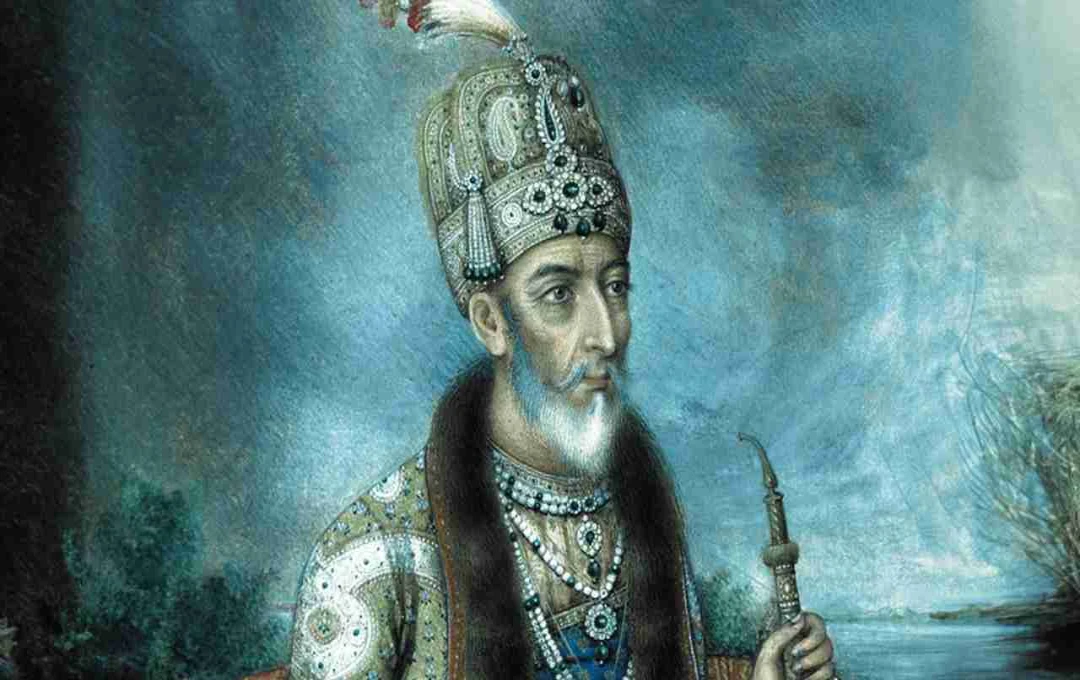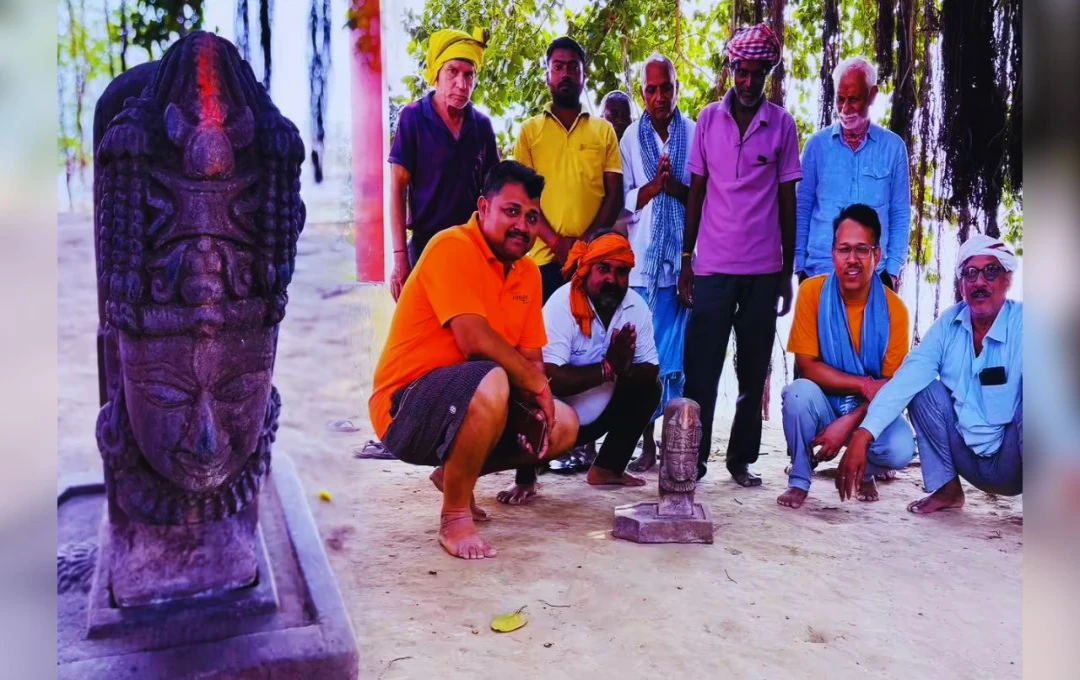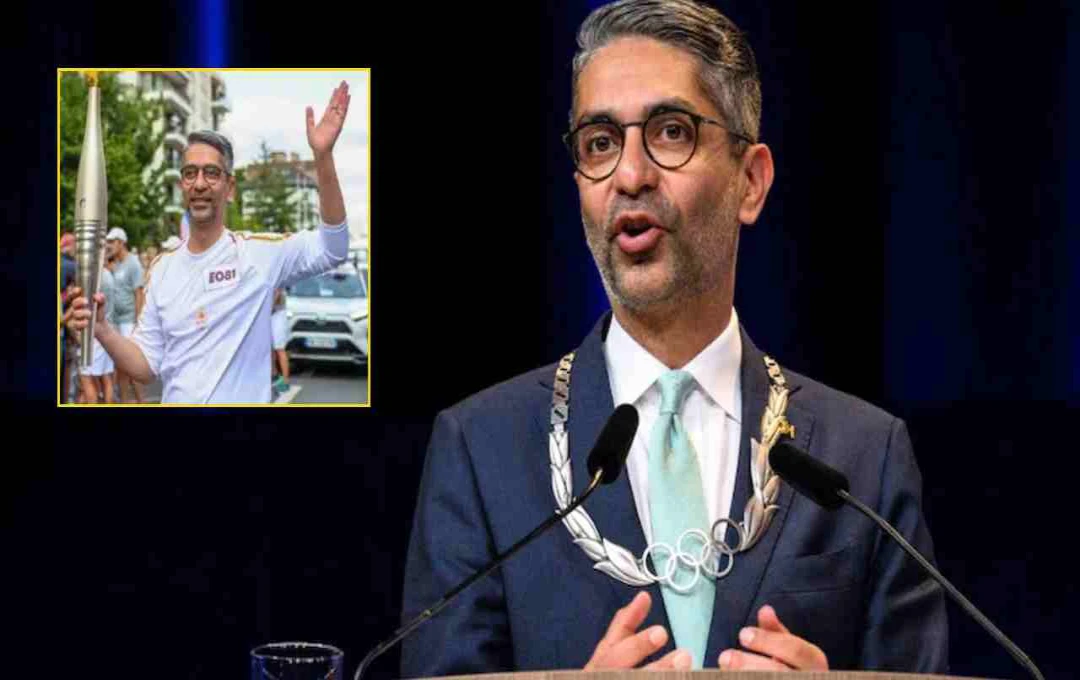The last Mughal emperor of India was not just a ruler, but also a source of inspiration for the freedom struggle and an unparalleled poet of Urdu literature. He became emperor at a time when the empire was crumbling and British power was on the rise. In the 1857 Sepoy Mutiny, he led Indian soldiers, which led to humiliation, hunger, illness, and imprisonment in his final years. This article will discuss his royal life, patriotism, literary contributions, and the decline of his health in his final years, reflecting the helplessness of a ruler.
Early Life and Accession to the Throne
Bahadur Shah Zafar was born on October 24, 1775. He was the son of Akbar Shah II and ascended the throne in 1837. By then, the Mughal Empire was limited to Delhi, and the real power lay in the hands of the East India Company. Despite this, Zafar maintained a cultural and literary environment. He was a peace-loving, tolerant, and liberal emperor. He always promoted Hindu-Muslim unity, and his court provided patronage to Urdu poets like Ghalib, Zauq, and Momin.
Leadership in the 1857 Revolution
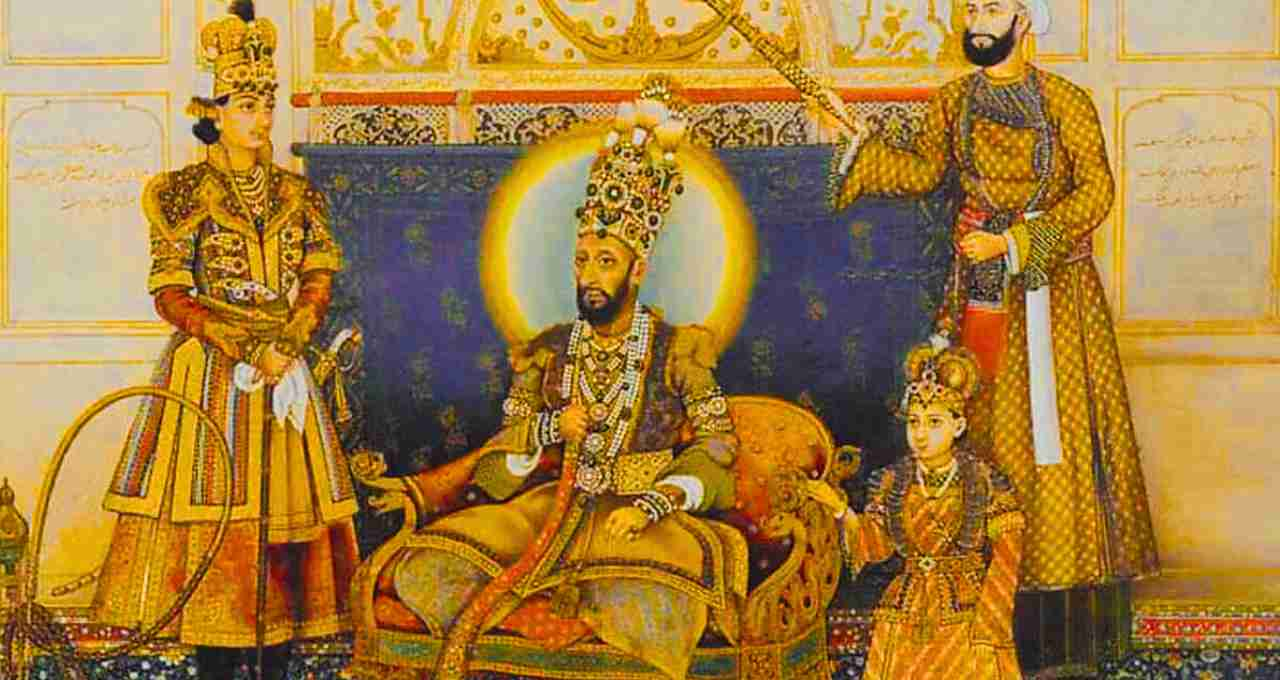
The 1857 revolt was the first spark of India's freedom movement. When the sepoys from Meerut reached Delhi, they declared Bahadur Shah Zafar as the Emperor of India. The people and the kings, tormented by the atrocities of the British, united under his leadership. Zafar, supporting the rebels, declared war against the British. However, he had no organized army or war strategy. Despite this, he put in his full strength and showed the British that the soul of India was still alive.
Defeat, Arrest, and Exile
After the failure of the revolution, the British arrested Bahadur Shah Zafar from Humayun's Tomb. His sons were killed and their severed heads were presented to him on a platter. This scene was not only heart-wrenching but also an unbearable mental and emotional tragedy for a father. After the arrest, he was exiled to Rangoon (Myanmar). There, he spent the last 5 years of his life in extremely painful conditions as a prisoner.
Bahadur Shah Zafar's Health and Declining Condition in Captivity
Zafar's condition in Rangoon was worse than that of a common prisoner. He was kept in a very hot and humid cell, where there was neither fresh air nor adequate food. The former emperor now had to survive with coarse food and a sick body.
Major health problems:
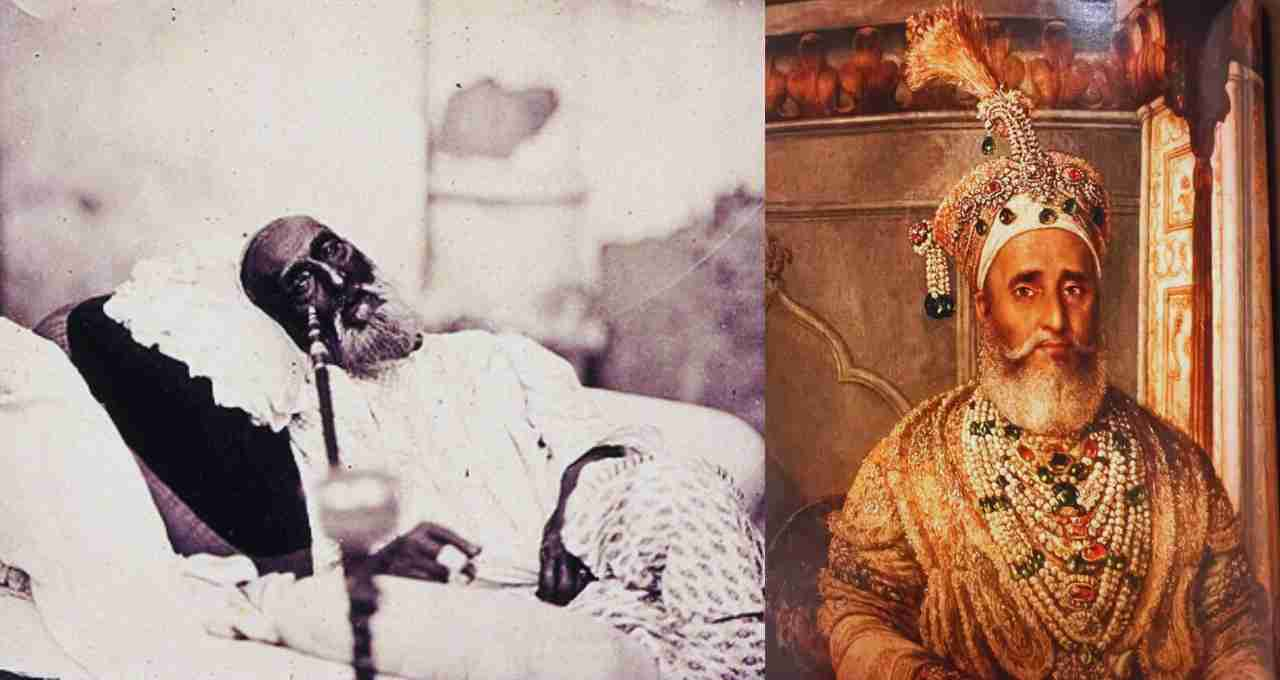
- Malnutrition: Continuous poor and inadequate food weakened his body.
- Old age: Zafar was about 80 years old at the time, and without any medical facilities, he had to struggle with arthritis, weakness, bone sensitivity, and other age-related diseases.
- Mental stress: The death of his family, exile from the country, and the pain of defeat broke him mentally.
- Lack of sleep: Due to constant surveillance by the British and the harsh prison environment, he did not get enough sleep.
- Skin diseases and infections: Living in a damp prison cell caused him to develop skin infections.
Evidence of his declining health is also found in his poems, where he wove pain, helplessness, and the pangs of being away from his country into his verses.
'How unfortunate is Zafar...' - Poetry steeped in pain
Zafar's poetry was the voice of his sensitive soul. The verses he wrote in captivity in Rangoon are proof of his pain, loneliness, and patriotism:
'How unfortunate is Zafar, for burial,
Even two yards of land were not available in the beloved's lane.'
In this one verse, he narrated the story of his entire life - a king, who once sat on the throne, is not even able to be buried in a foreign land.
Last Breaths and the Silence of Death
Bahadur Shah Zafar's death was not that of a king, but of a prisoner. He breathed his last on November 7, 1862, in the Rangoon jail. No royal rituals were performed at his funeral, nor was any state honor given. He was buried like any ordinary prisoner. For many years, there was no trace of his grave, but later, when his true identity was revealed, a small shrine was built there. Today, this shrine is known as 'Bahadur Shah Zafar Dargah', where people from India and Myanmar come with reverence to remember him.
Health warning from history
The life story of Bahadur Shah Zafar is not only an example of patriotism and literature, but it also shows that mental and physical health are deeply connected to self-confidence and social justice. The way a powerful king gradually weakened and moved towards an ordinary death due to social and political shocks is a warning to us that health is not only physical but also linked to mental and social security.
Bahadur Shah Zafar was not only the last Mughal emperor of India, but also a poet and patriot whose poetry reflects pain, patriotism, and the call of the soul. He played the role of a hero in the freedom struggle and remembered the soil of Hindustan until his last days. From his life, we learn that a true patriot never bows down, no matter how adverse the circumstances may be. Zafar is still alive in our hearts.
